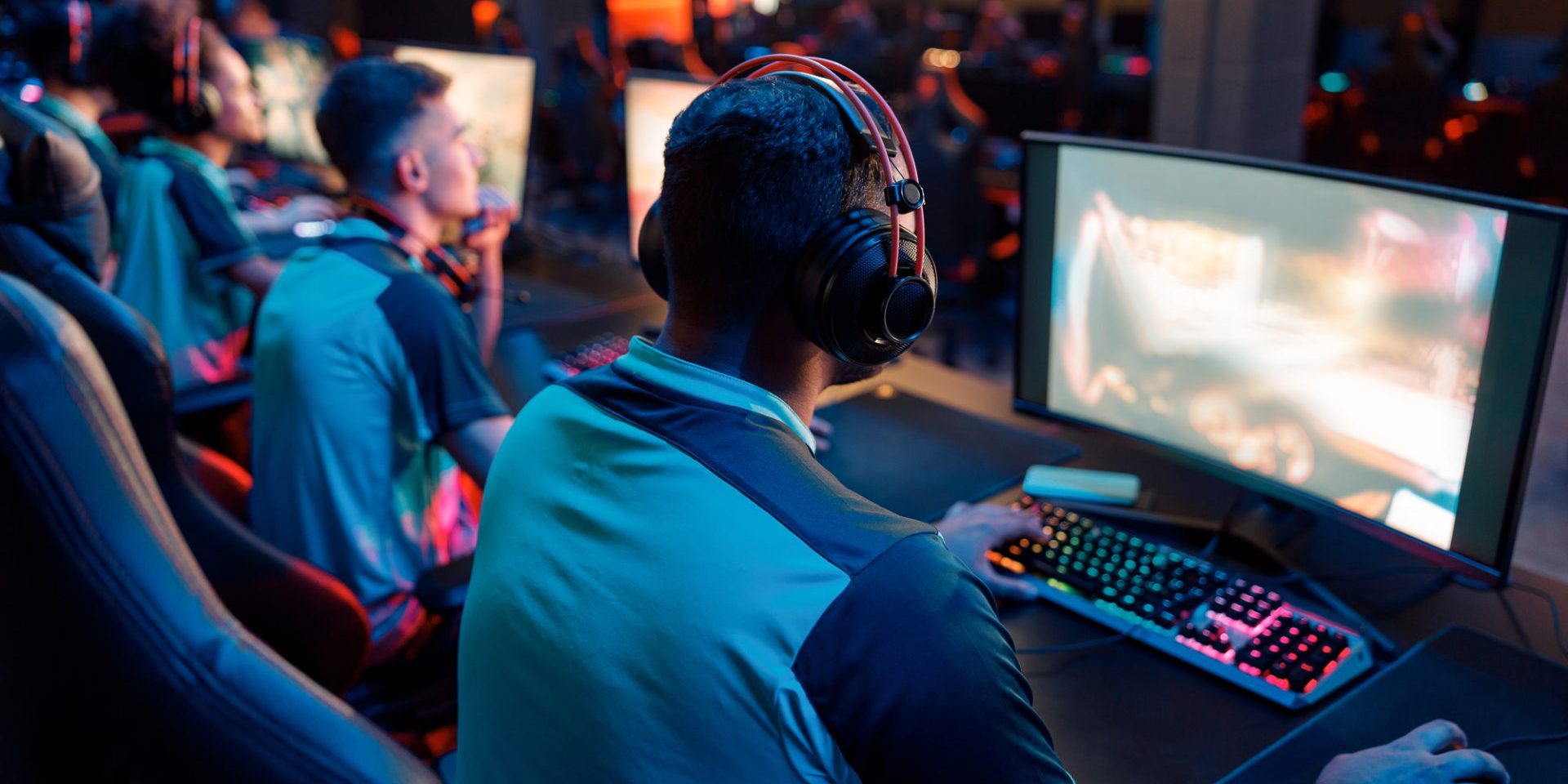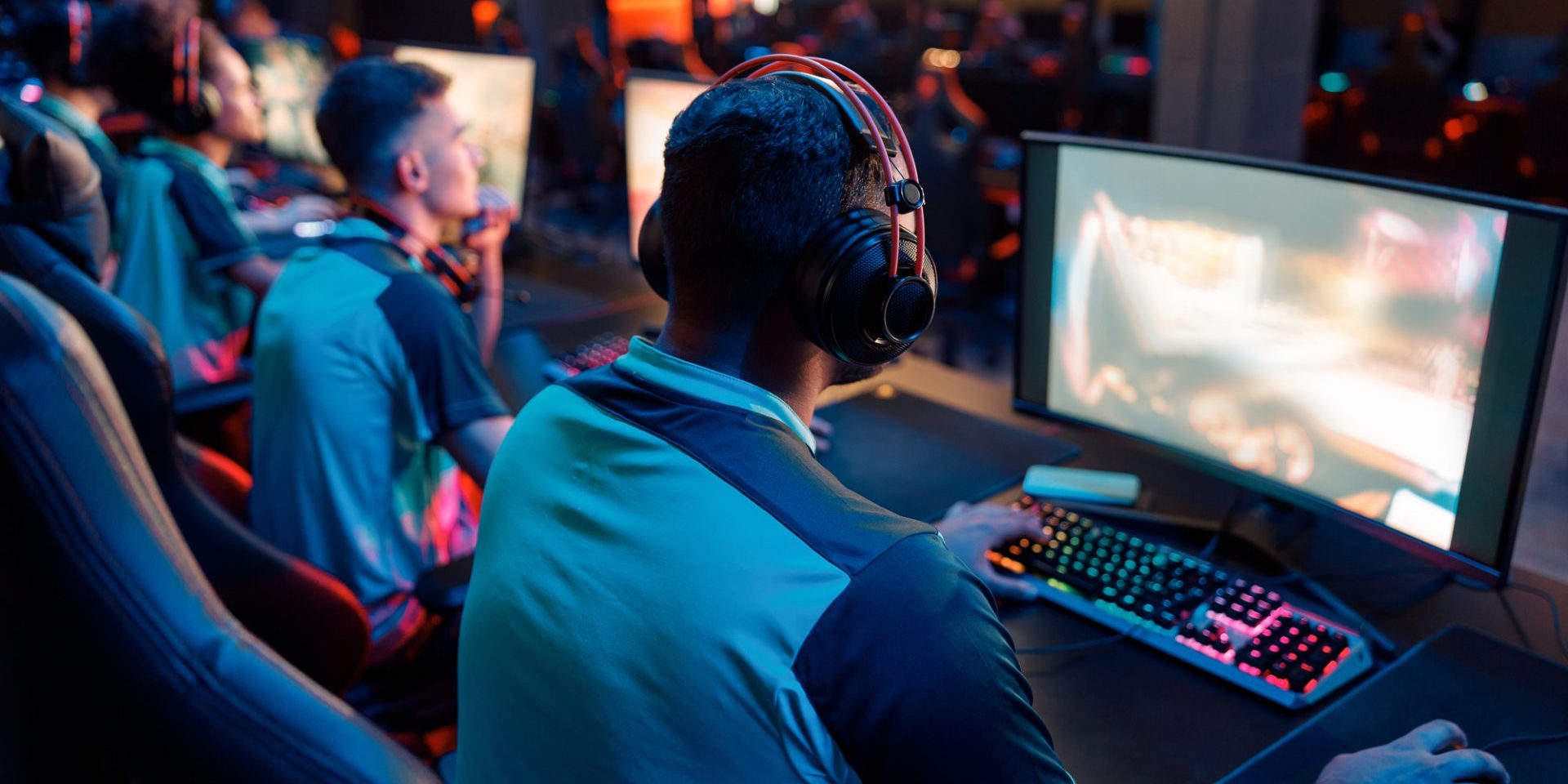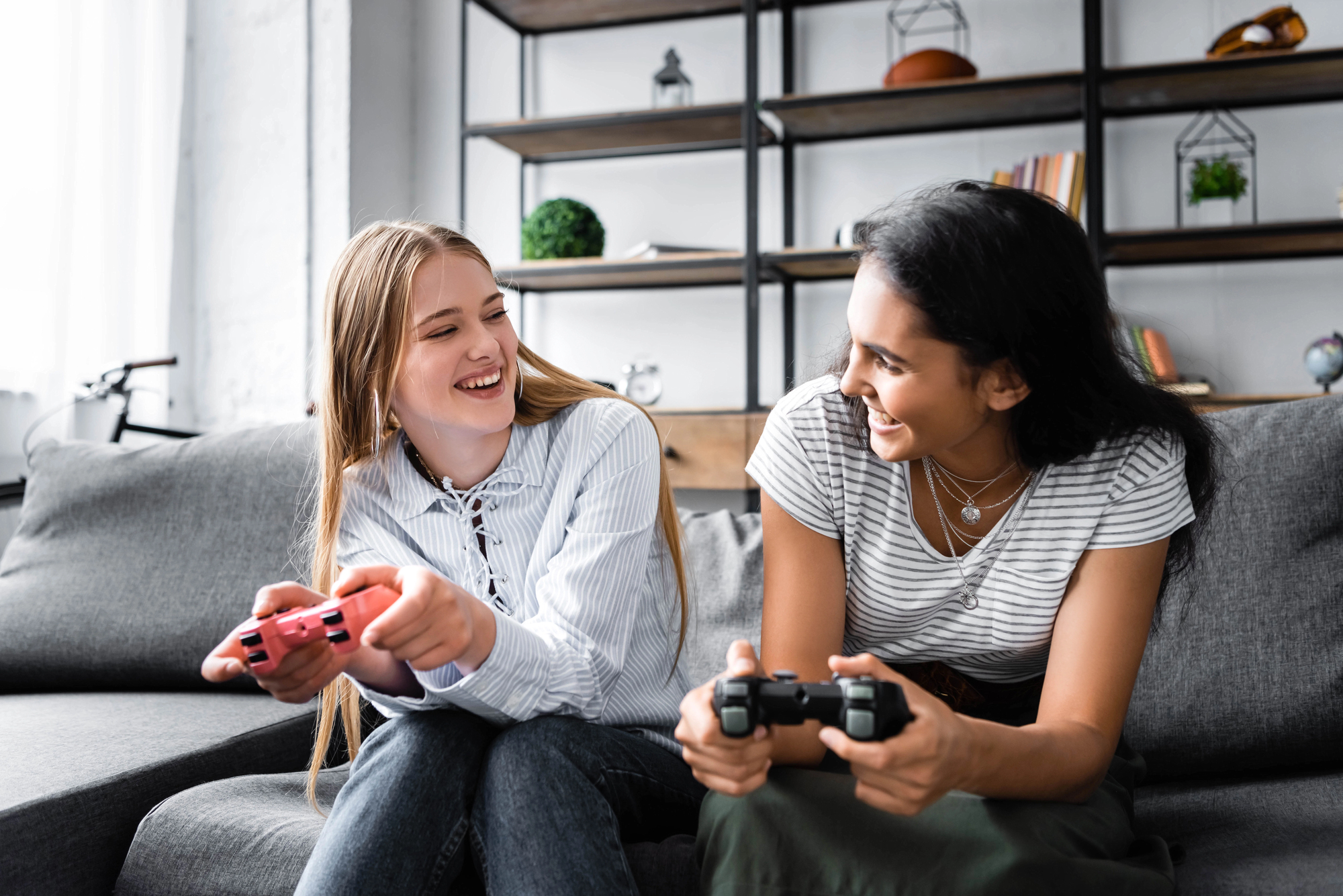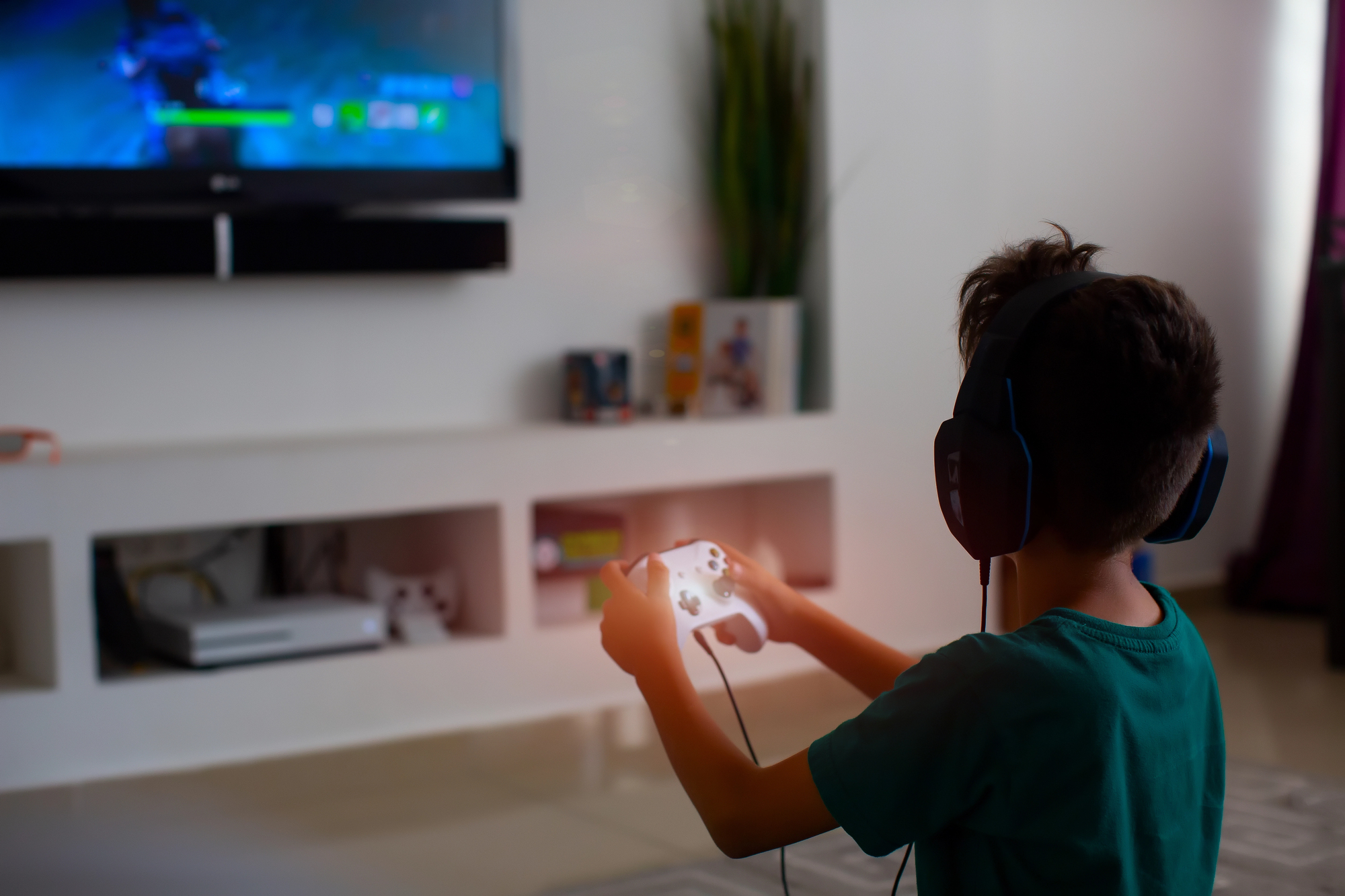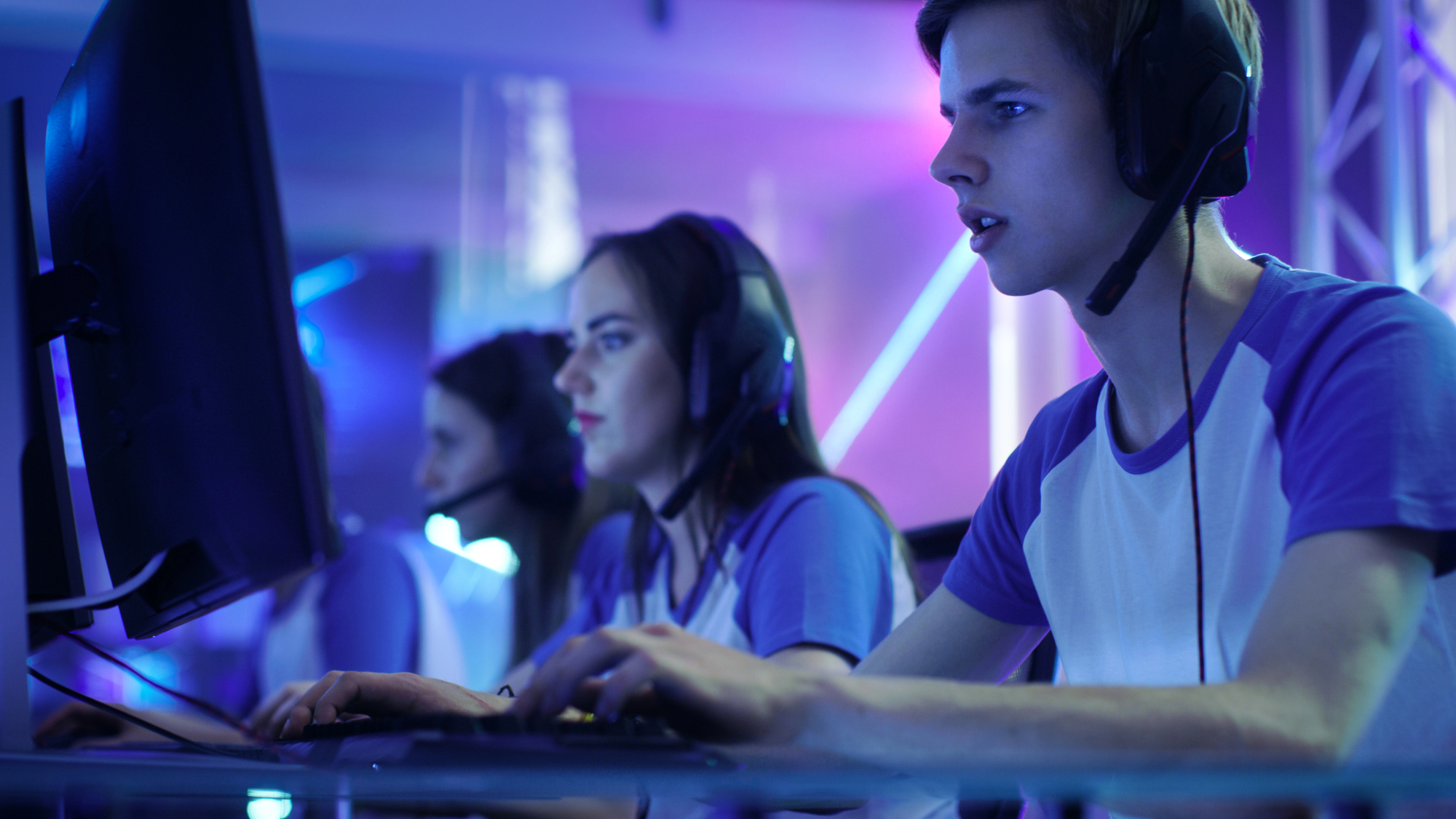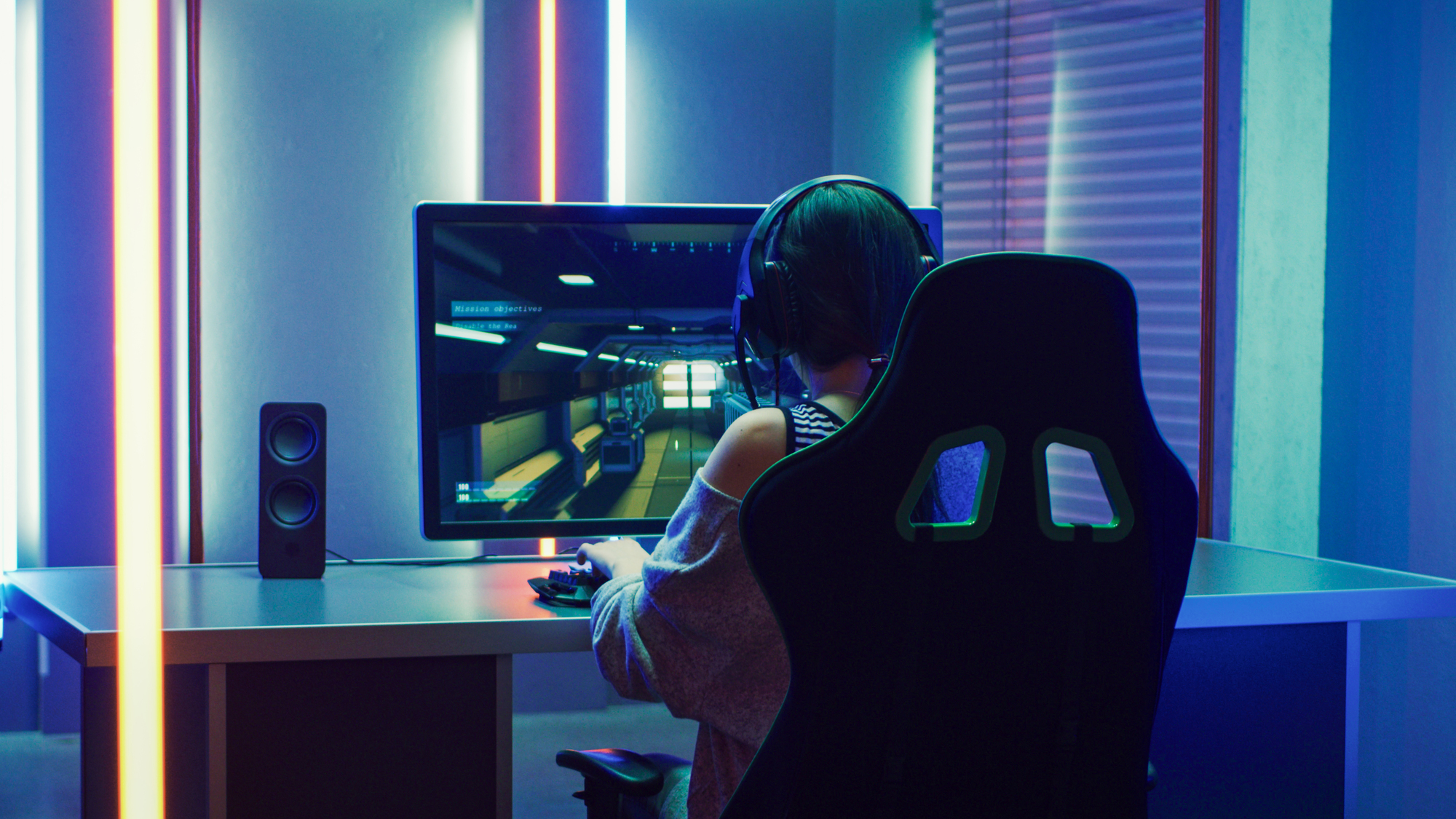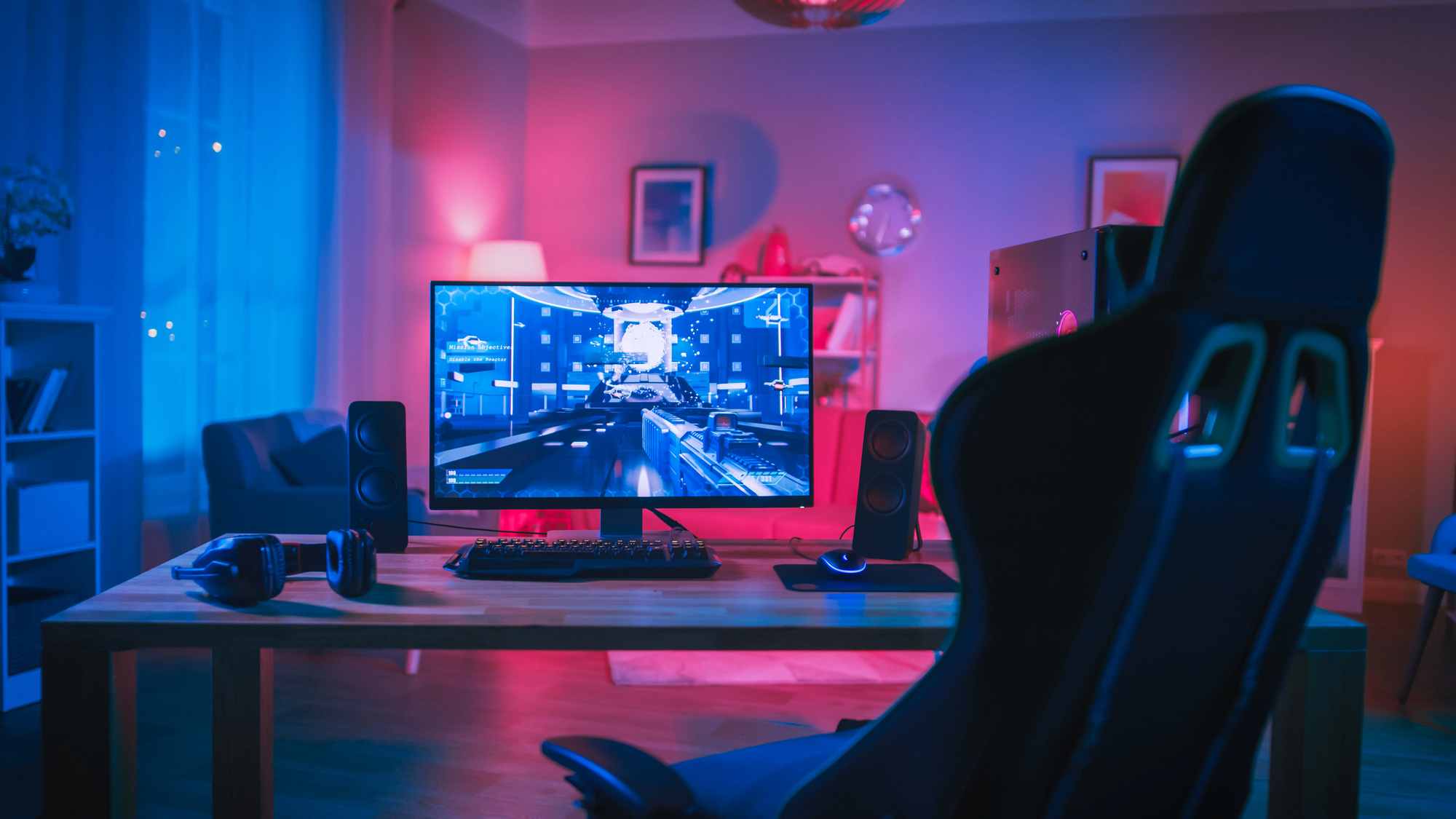Video games have become a significant part of modern entertainment, with competitive gaming gaining popularity as both a pastime and professional pursuit. The psychology behind competition in video games offers fascinating insights into human behavior and motivation. Research shows that competitive gaming can have both positive and negative effects on players’ mental states and social interactions.
Competitive gaming taps into basic psychological drives for achievement and social comparison. Players often experience a rush of excitement and satisfaction when winning, driven by the release of dopamine in the brain’s reward centers. This can create a powerful incentive to keep playing and improving. At the same time, losing in competitive games may lead to frustration or anger in some individuals.
The social aspects of competitive gaming also play a key role in its psychological impact. Many players form bonds with teammates and rivals, developing a sense of community around shared gaming experiences. Competition can foster skills like strategic thinking, quick decision-making, and teamwork. Yet it may also bring out negative behaviors in some players, such as aggression or poor sportsmanship.
Understanding the Psychology of Gaming
Video games engage players on multiple psychological levels, influencing cognition, emotions, and behavior. These interactive experiences tap into fundamental aspects of human psychology, shaping how players think, feel, and act within virtual worlds.
Cognitive and Emotional Impacts
Video games affect cognitive processes like attention, memory, and problem-solving. Action games can improve visual attention and spatial cognition. Strategy games enhance planning and decision-making skills. Role-playing games may boost creativity and imagination.
Emotionally, games trigger a range of responses. Excitement builds during intense gameplay moments. Frustration arises from challenging obstacles. Pride emerges after accomplishing difficult tasks. Fear and anxiety can spike in horror or suspense-themed games.
Games also impact mood regulation. Some players use games to relax or escape stress. Others find games energizing and mood-lifting. The emotional effects vary based on game content, player personality, and situational factors.
Influence of Game Genres on Behavior
Different game genres shape player behavior in distinct ways. First-person shooters may increase aggression in some individuals, though research findings are mixed. Prosocial games featuring cooperation can promote helping behaviors and empathy.
Multiplayer games foster social interaction and teamwork skills. Massively multiplayer online games create virtual communities where players form relationships and develop social identities.
Simulation games allow players to experiment with different roles and scenarios. This can influence real-world attitudes and decision-making in related domains. Sports games may motivate increased physical activity among some players.
The Role of Competition in Video Games
Competition is a core element in many video games, tapping into human drives for achievement and social comparison. Competitive games activate the brain’s reward system, releasing dopamine during victories.
Some players thrive on the challenge of besting opponents. Others prefer cooperative gameplay. A player’s competitive orientation affects game preferences and playing style.
Esports have elevated gaming competition to a professional level. Top players exhibit intense focus, quick reflexes, and strategic thinking. The high-stakes environment can lead to performance anxiety and burnout.
Healthy competition can boost motivation and skill development. Excessive competitiveness may lead to toxic behavior or addiction in some cases. Balancing competitive and non-competitive elements helps create positive gaming experiences.
Effects of Video Games on Social Behavior
Video games can significantly shape social interactions and behavior. Research has shown various impacts on cooperation, competition, prosocial tendencies, and interpersonal relationships.
Cooperation Versus Competition
Cooperative and competitive gameplay styles produce different social outcomes. Cooperative games often foster teamwork and social support. Players work together to achieve shared goals, developing communication skills and trust.
Competitive games can increase aggressive thoughts and behaviors in some cases. They may lead to short-term spikes in hostility, especially after losing. However, competitive play also builds sportsmanship and strategic thinking when managed properly.
The social impact depends largely on game content and context. Well-designed competitive games can teach fair play and respect for opponents. Cooperative modes in otherwise competitive games may balance out potential negative effects.
Prosocial and Antisocial Outcomes
Video games can promote both prosocial and antisocial behaviors. Games with prosocial themes or mechanics tend to increase empathy and helping behaviors. Players exposed to prosocial game content often show increased cooperation and generosity in real-world situations.
Violent or antisocial game content may lead to increased aggression and reduced empathy in some players. This effect is typically short-term but can accumulate with repeated exposure. The relationship is complex and influenced by individual factors like personality and real-life experiences.
Age and developmental stage play a key role. Young children are more susceptible to imitating game behaviors, while older players can better distinguish fantasy from reality.
Communication and Group Dynamics
Online multiplayer games create unique social environments that impact communication patterns and group formation. Voice chat and text messaging systems allow players to connect across distances, fostering new friendships and communities.
These games often require coordinated teamwork, teaching players to communicate clearly and work together effectively. Leadership skills can develop as players take on roles directing group strategies.
However, the anonymity of online interactions can sometimes lead to toxic behavior like harassment or bullying. Game developers increasingly implement systems to encourage positive social norms and reduce harmful conduct.
Building Social Connections
Video games serve as social spaces where people build and maintain relationships. Online games provide platforms for meeting new people with shared interests. Long-lasting friendships and even romantic relationships can form through gaming communities.
For socially anxious individuals, games offer low-pressure environments to practice social skills. The structured nature of game interactions can make socializing feel more approachable.
Games also strengthen existing relationships when friends or family members play together. Shared gaming experiences create common ground and opportunities for bonding. This social aspect keeps many players engaged long-term, even after mastering game mechanics.
The Psychological Underpinnings of Aggression in Gaming
Competitive video games can influence players’ emotions and behaviors. Research has explored links between gaming and aggression, examining factors like violent content, competitive elements, and player frustration.
Analyzing the Aggression-Violence Link
Studies have investigated connections between violent video games and aggressive behavior. A meta-analysis found a small but significant relationship between violent game play and aggression. Critics argue this link may be overstated or spurious.
Research has yielded mixed results. Some studies report increased aggressive thoughts and behaviors after violent gaming. Others find no meaningful effects. Methodological differences across studies complicate drawing firm conclusions.
Individual factors likely moderate any effects. A player’s age, personality, and life experiences may influence how they respond to violent game content.
Effect of Violent Content on Behavior
Experimental studies have compared the effects of violent and non-violent games on aggression. One study matched violent and non-violent games on competitiveness, difficulty, and pace. It then measured aggressive behavior using the Hot Sauce Paradigm.
Results showed competition, rather than violence, impacted aggressive affect. Losing in competitive games led to even higher aggression. This suggests competitive elements may be more influential than violent content alone.
Other research has examined physiological arousal during gameplay. Violent games can increase heart rate and skin conductance. These physical changes may contribute to short-term increases in aggressive thoughts or impulses.
Assessing the Frustration-Aggression Hypothesis
The frustration-aggression hypothesis proposes that obstacles to goal attainment lead to aggressive responses. This theory has been applied to gaming contexts.
Difficult or unfair game scenarios may trigger player frustration. Repeated failures or losses can amplify these feelings. Some players may express aggression as a result, through hostile language or actions.
Competitive multiplayer games provide ample opportunities for frustration. Losing to other players or encountering cheaters can spark anger. How players cope with these emotions varies. Some may channel frustration into improved performance, while others lash out aggressively.
Game designers can influence frustration levels through difficulty balancing and matchmaking systems. Providing players with a sense of control and achievement may help mitigate aggressive responses.
The Impact of Competitive Gaming on Health and Well-Being
Competitive gaming has significant effects on players’ mental and emotional states. It can influence anxiety levels, social connections, and coping mechanisms.
Mental Health Considerations
Competitive gaming can impact mental health in various ways. It may increase stress and anxiety due to pressure to perform well. Some players experience improved mood and reduced depression symptoms through gaming achievements and social interactions.
Gaming can also affect sleep patterns. Late-night sessions may disrupt sleep schedules, potentially leading to fatigue and irritability. However, gaming in moderation can serve as a stress-relief activity for many players.
Social aspects of competitive gaming can combat feelings of loneliness. Online communities provide opportunities for friendship and belonging. Yet excessive gaming may sometimes lead to social isolation in real-life settings.
Analysis of Gaming Disorder
Gaming disorder is recognized as a mental health condition by the World Health Organization. It involves impaired control over gaming, increasing priority given to gaming over other activities, and continuation of gaming despite negative consequences.
Symptoms include preoccupation with games, withdrawal symptoms when gaming is taken away, and loss of interests in other activities. Gaming disorder affects a small percentage of players, estimated at 1-3% of gamers.
Risk factors for gaming disorder include certain personality traits, poor coping skills, and pre-existing mental health issues. Early intervention and balanced gaming habits can help prevent its development.
Gaming as a Coping Mechanism
Many individuals use competitive gaming as a way to cope with stress, anxiety, or depression. Gaming can provide a sense of accomplishment and control, boosting self-esteem.
For some, immersing in game worlds offers temporary escape from real-life problems. This can be beneficial in moderation but may become problematic if used as the primary coping strategy.
Gaming communities can offer social support, helping players deal with difficult emotions. Shared experiences and camaraderie in competitive settings can create a sense of belonging.
Healthy gaming as a coping tool involves setting time limits, maintaining other interests, and seeking professional help if gaming interferes with daily life or mental health.

